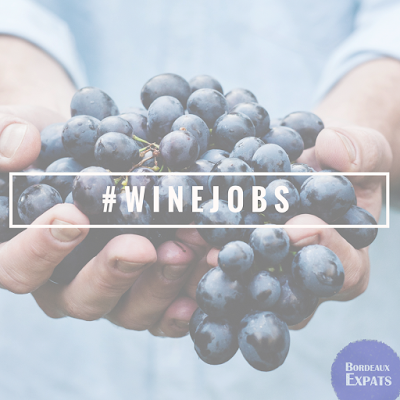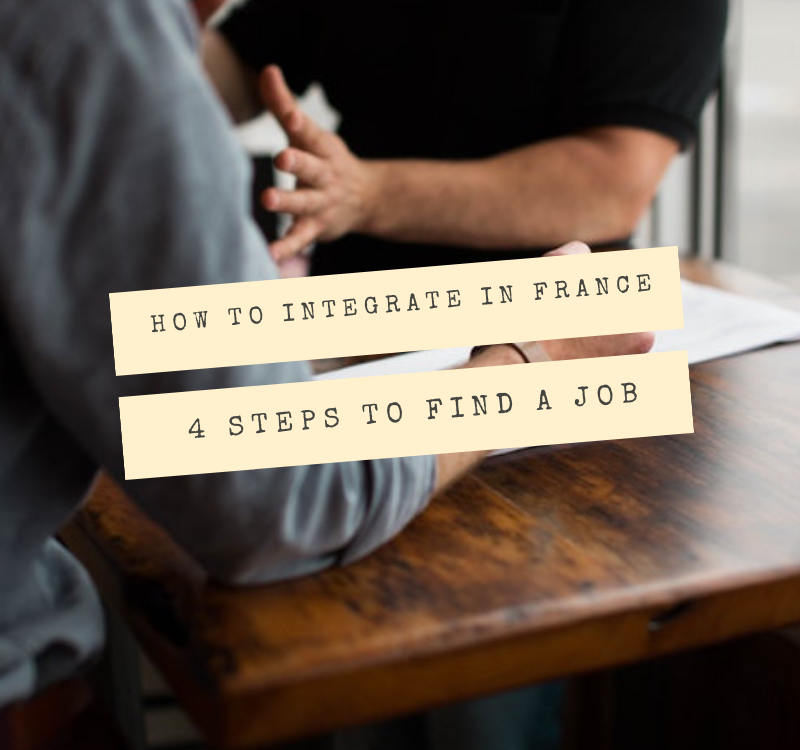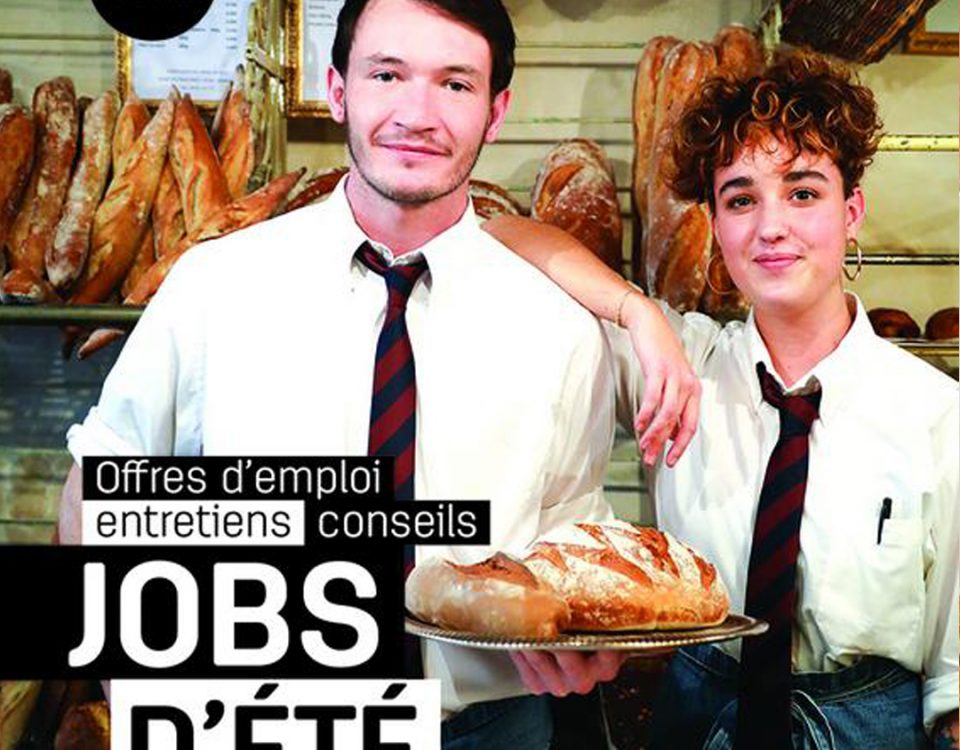
From South India with love – The Dosa Hut
23/04/2018
REPATRIATION – RETURNING TO FRANCE
30/04/2018Finding a wine job in Bordeaux can be tricky, even for experienced professionals.
The process can be laborious and take a lot longer than expected. The local market is idiosyncratic, and job hunting as an outsider can feel particularly hopeless. For those looking to break into the wine industry, here are a few tips borne out of trial and error, frustration and, ultimately, a winning combination of naive optimism and stubborn perseverance.
1. Be realistic
Never sell yourself short, but a little self-awareness and rudimentary understanding of the jobs market will go a long way. There are a lot of wine students and other qualified candidates out there. Even entry-level internships have a lot of competition. Take stock of what you’ve done and what you can do, and keep that in mind when deciding the sort of positions for which you’re going to apply.
Certain things, like French fluency, are often deal breakers for employers. I slowly came to accept this after deciding I’d received quite enough very polite rejection emails en Français. The good people at Baron Philippe de Rothschild were even courteous enough to send me physical letters in the post. If I’d been a little more realistic a little earlier, I would’ve saved myself some time and effort – and saved a certain Baron some petty cash.
2. Monitor jobs boards
It’s an obvious one, but go where the jobs are. Vitijob is probably the best bet for Bordeaux wine jobs. It covers the rest of France and some international stuff, too. You can filter by region, type of work, contract and all that stuff.
Focus on the most recent postings and don’t waste too much time on historical jobs – the chances are that they’ve been filled, or that the recruiter already has an inbox full of potential candidates.
3. Research potential employers
Developing an understanding of the Bordeaux wine trade will help you navigate it most effectively. A little work can yield a lot of handy information about Bordeaux wine companies.
Google is your best friend here and will help you find things like this list of Bordeaux négociants, including contact details. This is very useful if you aren’t applying for an advertised job and are instead looking to work at a certain company, by sending what they call a “spontaneous” application.
4. Target the right people
Particularly for spontaneous applications, you should do a little research and, at the very least, find out the name of the individual to whom you’re writing. A quick Google or a glance at the company’s website will often do the trick. The more you know about the person, the more you can customise your application and the better your chances become of them opening or reading your email.
5. Don’t get lost in translation
If you speak French: Write your CV and application in French, following French formatting, and skip this point.
If you don’t, be careful. Writing an application in French (or having an ami do it for you) will boost your chances of it being opened, read and your candidature considered. Of course, what happens next is that a French person will write back or call you. If you can’t carry a conversation in French, don’t waste your time or theirs.
If you don’t speak French, do yourself a favour and start learning dès que possible!
6. Visit wineries
If you’re physically in Bordeaux, hit the road and start visiting some wineries. This is the most effective way to get a sense of the Bordeaux vineyard and understand what makes certain parts of it so special – and it’s a lot of fun! Some places charge for visits, many don’t. Some of those that do will give you a discount or waive your fee if you’re in the industry.
Gather a group of friends, classmates or strangers and organise as many châteaux visits as you can. Try to mix it up between big and small producers to get a more accurate sense of what things are like. There’s nothing wrong with visiting Lafite, but make sure you see Listrac, too. If you have a particular interest in a specialist area, for example, vineyard management or digital communications, say so in advance and you just might get to meet somebody who does that sort of thing day in and day out.
Whether you meet the owner, the winemaker or an intern, each visit is an opportunity to make new professional contacts, and that’s never a bad thing as a job seeker.





